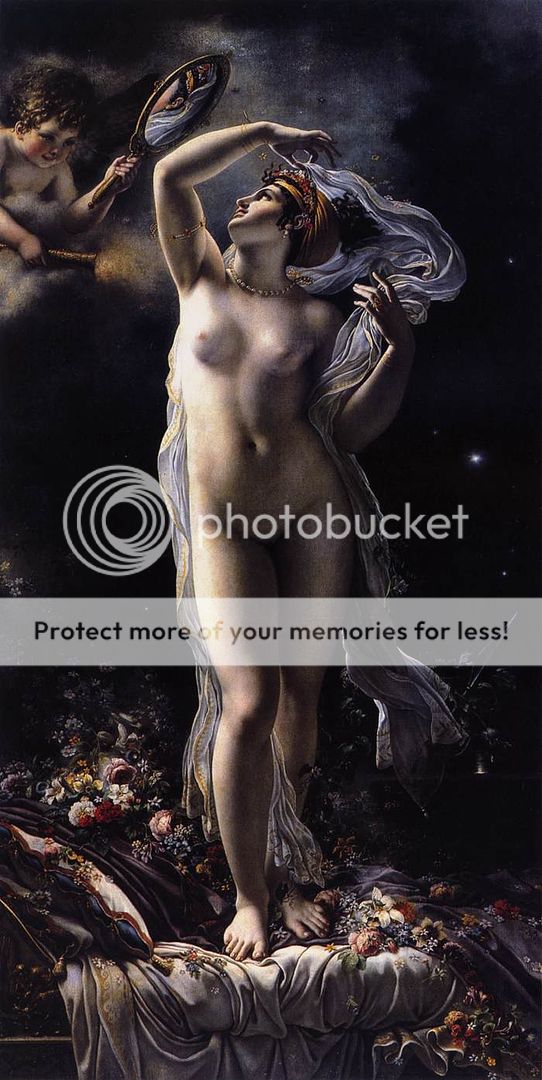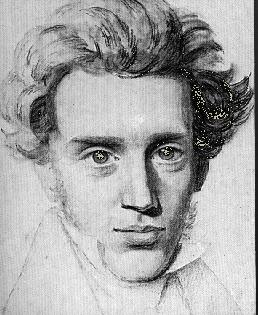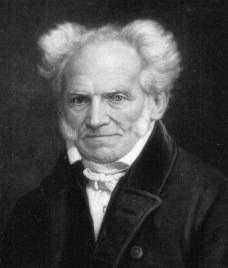penfoldsfive
resident alien
do you take the leap of faith? or subscribe to the futility of this life and thus suicide? a serious inquiry

Camus didn't really subscribe to suicide. The futility of life, yes. But few of the central characters commit suicide- they die because society cannot accept that they live in and enjoy the "now" and don't particularly worry about death.

Camus didn't really subscribe to suicide. The futility of life, yes. But few of the central characters commit suicide- they die because society cannot accept that they live in and enjoy the "now" and don't particularly worry about death.
1985 by the manics comes to mind.....
but this is my dilemma now. 'rob a man of his life lie'..... i am on the verge of collapse because i have run out of defenses for christianity. it is harsh and i want to know what to believe in.







For my part, I do not feel the slightest need for any God and see belief essentially as a basic set of mainly ethical convictions. For others, it's different.
If you want my two cents, it's futile to go in search of belief. Belief manifests itself as an instinct and a certainty - it is the net result in your mind of things you have already absorbed, observed, understood but not articulated. Belief is something of which your being is already sure despite natural doubts in your mind, or it is not belief. Kierkegaard didn't tentatively take the leap of faith because he thought it was worth trying, he had in essence already taken it. And I'm sure Camus didn't espouse the futility of life out of preference - no doubt, that was simply how human existence appeared to him.



He offered a bed, warm blankets and a cup of tea. Kierkegaard and Camus did not (though Camus was the sexier of the two, of course).
Look, I don't know anything about your domestic situation, Our Lady, but I have my own bed, warm blankets, and tea. Real tea, not just teabags. Those things I can provide for myself.
But a hot man to share those things with me, and talk about philosophy? What I wouldn't give...
Philosohers, artists, writers - they don't change our personal belief system, they reveal it. Great thinkers help us better articulate and understand ourselves.
